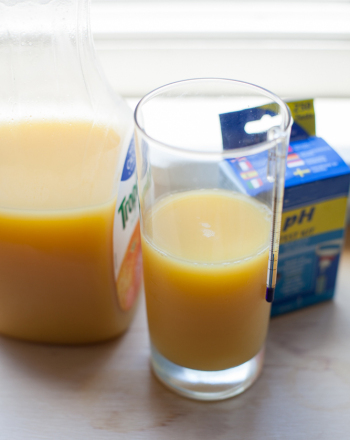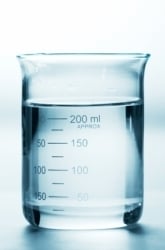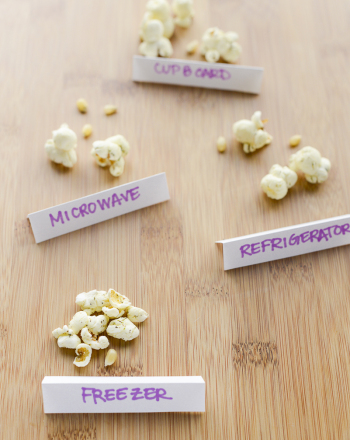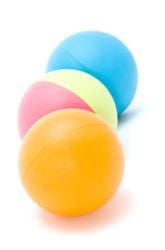Science project
Does Temperature or Concentration Affect pH?
pH is the way to measure how acidic or basic a solution is. The scale ranges from 0-14, with 0 being the most acidic and 14 being the most basic. 7 is neutral -- it is neither basic nor acidic and stands for distilled water.In this experiment, we'll explore how temperative and concentration affect the pH of lemon juce and milk.
Problem:
In this experiment, we will discover whether factors such as temperature and concentration affect the pH of a solution. We will be testing one acidic solution (pure lemon juice) and one basic solution (milk).
Materials:
- Pure lemon juice
- Milk
- Microwave oven
- Refrigerator
- Containers or beakers (About 12)
- Water
- Measuring cup
- Stirring stick
- pH paper
- thermometer
- Anti-heat gloves
Procedure:
- Pour equal amounts of lemon juice into each beaker (about ½ full). Do the same for the milk.
- Take the pH color and numerical value. As well as the room temperature.
- Take one of the beakers that is filled with lemon juice and add water until the beaker is ¾ full. Stir.
- Take another beaker that is filled with lemon juice and add water until the beaker is full. Stir.
- Take the pH color and numerical value of both. Note any changes!
- Repeat the above steps for the milk.
- With gloves, carefully take the beaker out and dip a piece of pH paper inside and take the pH. Also take the temperature.
- Take another beaker of pure lemon juice and put it in the refrigerator for 2 hours.
- Dip a piece of pH paper inside and take the pH as well as the temperature.
- Repeat the above steps for the milk and note any changes.
References:
Disclaimer and Safety Precautions
Education.com provides the Science Fair Project Ideas for informational purposes only. Education.com does not make any guarantee or representation regarding the Science Fair Project Ideas and is not responsible or liable for any loss or damage, directly or indirectly, caused by your use of such information. By accessing the Science Fair Project Ideas, you waive and renounce any claims against Education.com that arise thereof. In addition, your access to Education.com's website and Science Fair Project Ideas is covered by Education.com's Privacy Policy and site Terms of Use, which include limitations on Education.com's liability.
Warning is hereby given that not all Project Ideas are appropriate for all individuals or in all circumstances. Implementation of any Science Project Idea should be undertaken only in appropriate settings and with appropriate parental or other supervision. Reading and following the safety precautions of all materials used in a project is the sole responsibility of each individual. For further information, consult your state's handbook of Science Safety.
Education.com provides the Science Fair Project Ideas for informational purposes only. Education.com does not make any guarantee or representation regarding the Science Fair Project Ideas and is not responsible or liable for any loss or damage, directly or indirectly, caused by your use of such information. By accessing the Science Fair Project Ideas, you waive and renounce any claims against Education.com that arise thereof. In addition, your access to Education.com's website and Science Fair Project Ideas is covered by Education.com's Privacy Policy and site Terms of Use, which include limitations on Education.com's liability.
Warning is hereby given that not all Project Ideas are appropriate for all individuals or in all circumstances. Implementation of any Science Project Idea should be undertaken only in appropriate settings and with appropriate parental or other supervision. Reading and following the safety precautions of all materials used in a project is the sole responsibility of each individual. For further information, consult your state's handbook of Science Safety.













